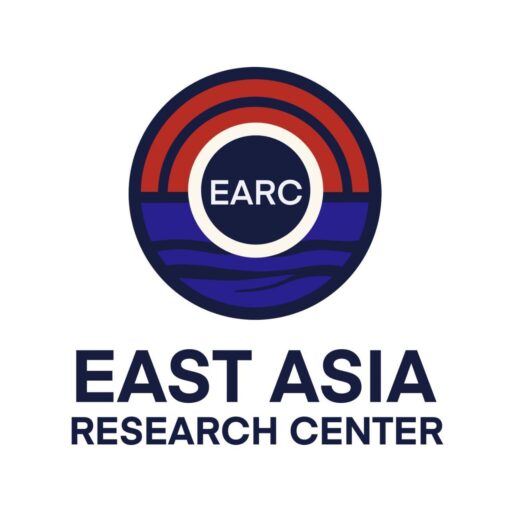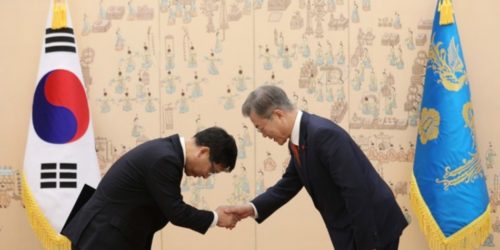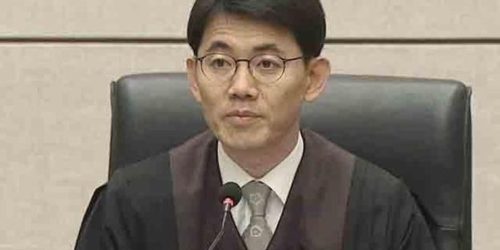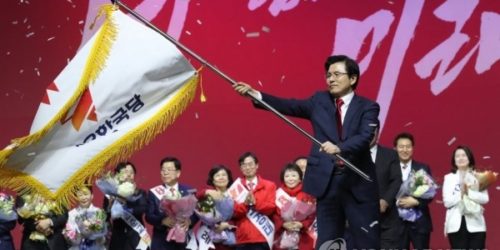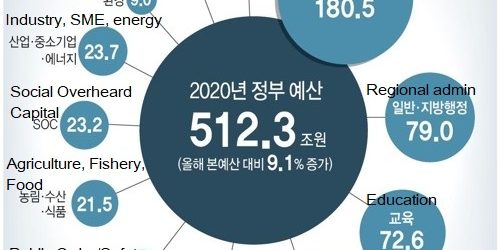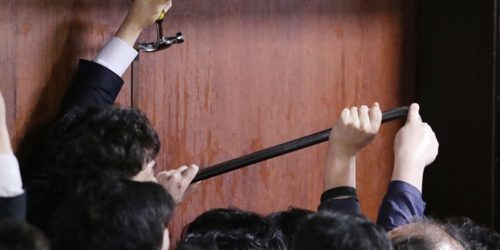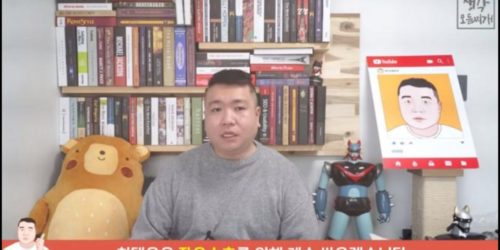Meta Report: The National Election Commission in South Korea Most Active in Restricting Content on Facebook
2023-3-23, Tara O
Amount of Content Facebook Restricted in South Korea (2015-2022) (Bar Graph)
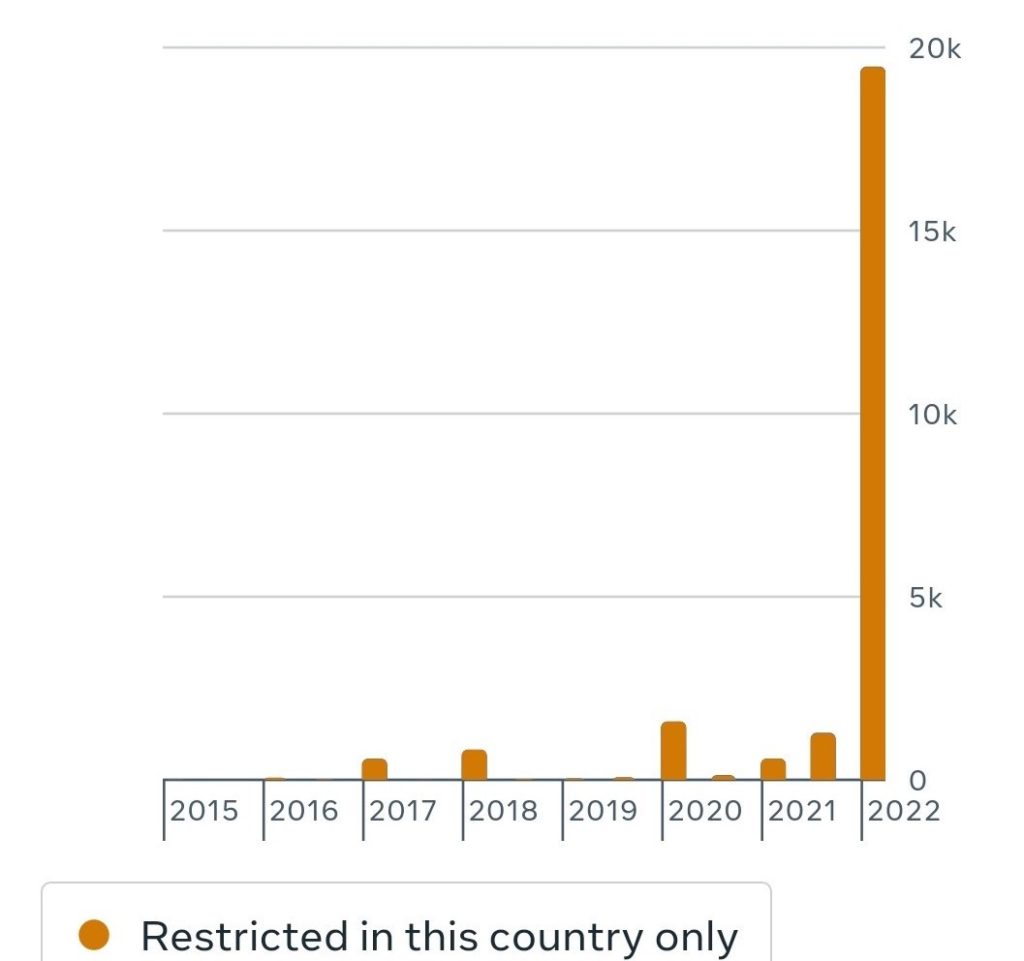
During the first half of 2022 (January to June) in South Korea, Facebook restricted ~19,500 items, up front ~1,270 during July to December 2021, which is up from 579 from January – June, according to Meta’s (Facebook’s parent company) Transparency Report on content restrictions in South Korea.
Amount of Content Facebook Restricted (Chart)
| 2022, Jan-Jun | 19,500 |
| 2021, Jul-Dec | 1,270 |
| 2021, Jan-Jun | 579 |
| 2020, Jul-Dec | 118 |
| 2020, Jan-Jun | 1,590 |
| 2019, Jul-Dec | 65 |
| 2019, Jan-Jun | 35 |
| 2018, Jul-Dec | 20 |
| 2018, Jan-Jun | 823 |
| 2017, Jul-Dec | 3 |
| 2017, Jan-Jun | 572 |
| 2016, Jul-Dec | 15 |
| 2016, Jan-Jun | 56 |
| 2015, Jul-Dec | 1 |
| 2015, Jan-Jun | 6 |
Note that the majority of the periods were during the Moon Jae-in administration, which was from 10 May 2017 to 9 May 2022.
Four most recent presidents in South Korea:
- 25 Feb 2013- 10 Mar 2017: Park Geun-hye
- 10 Mar 2017 – 9 May 2017: Hwang Kyo-ahn (Acting)
- 10 May 2017 – 9 May 2022: Moon Jae-in
- 10 May 2022 – current: Yooh Suk-yeol
Facebook restricted content based on requests from South Korean government agencies, especially the National Election Commission (NEC). During January to June 2022, of the 19,500 restricted items, 19,074 items (98%) were banned due to the reporting by the National Election Commission.
According to the Meta report, “We restricted access in South Korea to 19,074 items reported by the National Election Commission for alleged violations of the Public Official Election Act and to 361 items reported by the Korea Communications Standard Commission [KCSC]…We also restricted access to 31 items reported by the Korea Communications Commission [KCC].”
The NEC has been mired in election fraud controversies, lack of transparency, and heavy-handed tactics against citizens who raise election fraud concerns, including suing them. See here and here and here for more details.
The NEC is tied to the Supreme Court as a Supreme Court Justice is the head of the NEC, which is a conflict of interest, because the Supreme court has been asked to rule on lawsuits involving NEC. It also goes against the concept of a separation of powers. Moreover, 12 of 13 current Supreme Court Justices were appointed by Moon Jae-in, the former president of South Korea and a member of the opposing political party, including one person who Moon appointed the day before his presidency ended. The only Justice appointed by Yoon, thus far, was appointed on November 25, 2022, six months after Yoon began his presidency.
KCSC and KCC have also taken measures to block content on social media platforms. The KCSC chairman Jung Yoon-ju and KCC chairman Han Sang-hyuk were both appointed by Moon jae-in. See here and here.
Censorship in general still continues in South Korea. In addition to Facebook, content on other social media platforms, such as YouTube, have been censored, and the demonetization began during the Moon administration of many popular YouTube channels, including GaroSero Yeonguso and PenNMike, which, still continue. Several YouTubers were also imprisoned for “defamation,” including 20-something year old Choi Tae-woon (최태운), who is still in prison after receiving a 2-year jail sentence for “defamation” based on truth.
